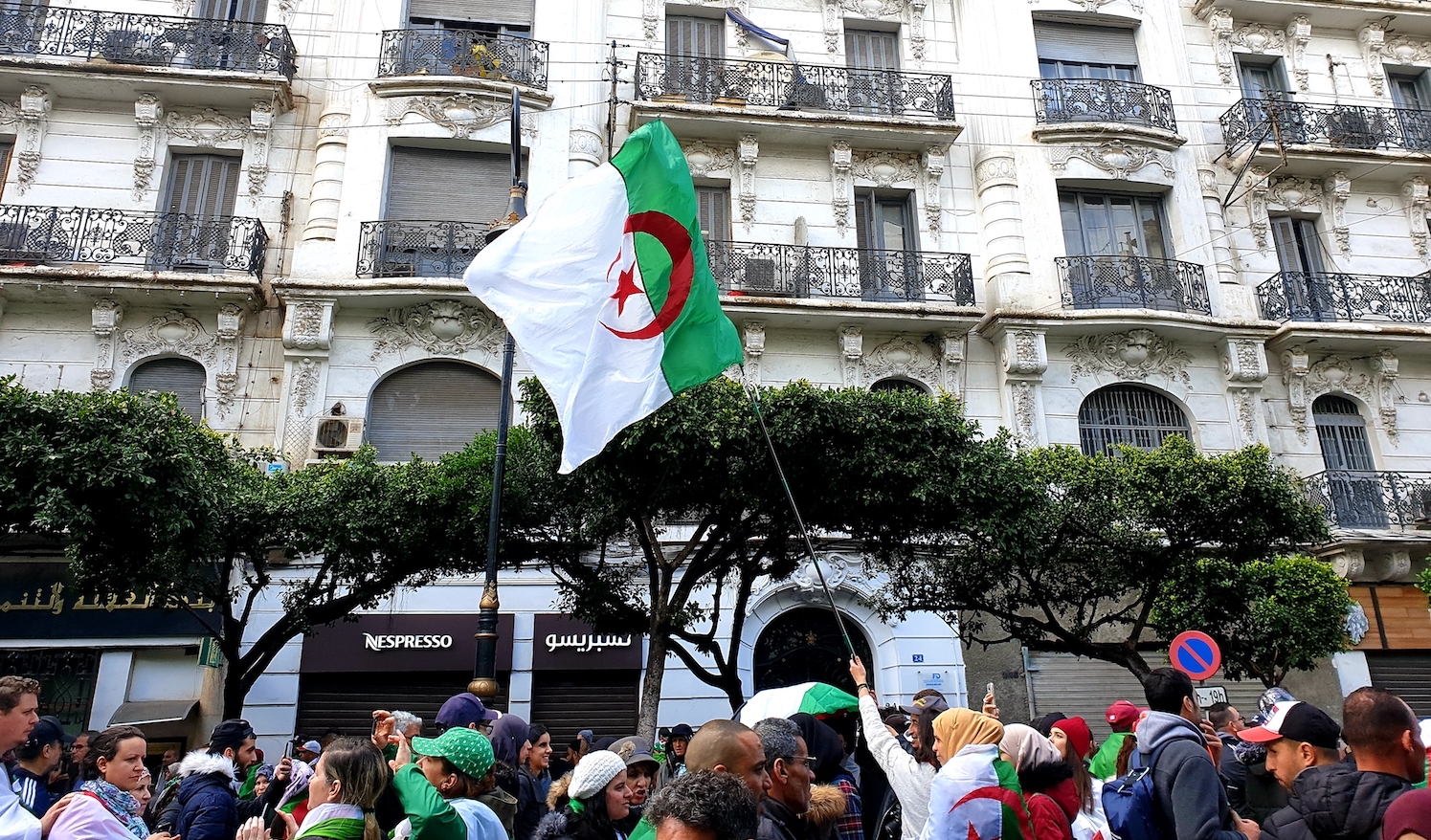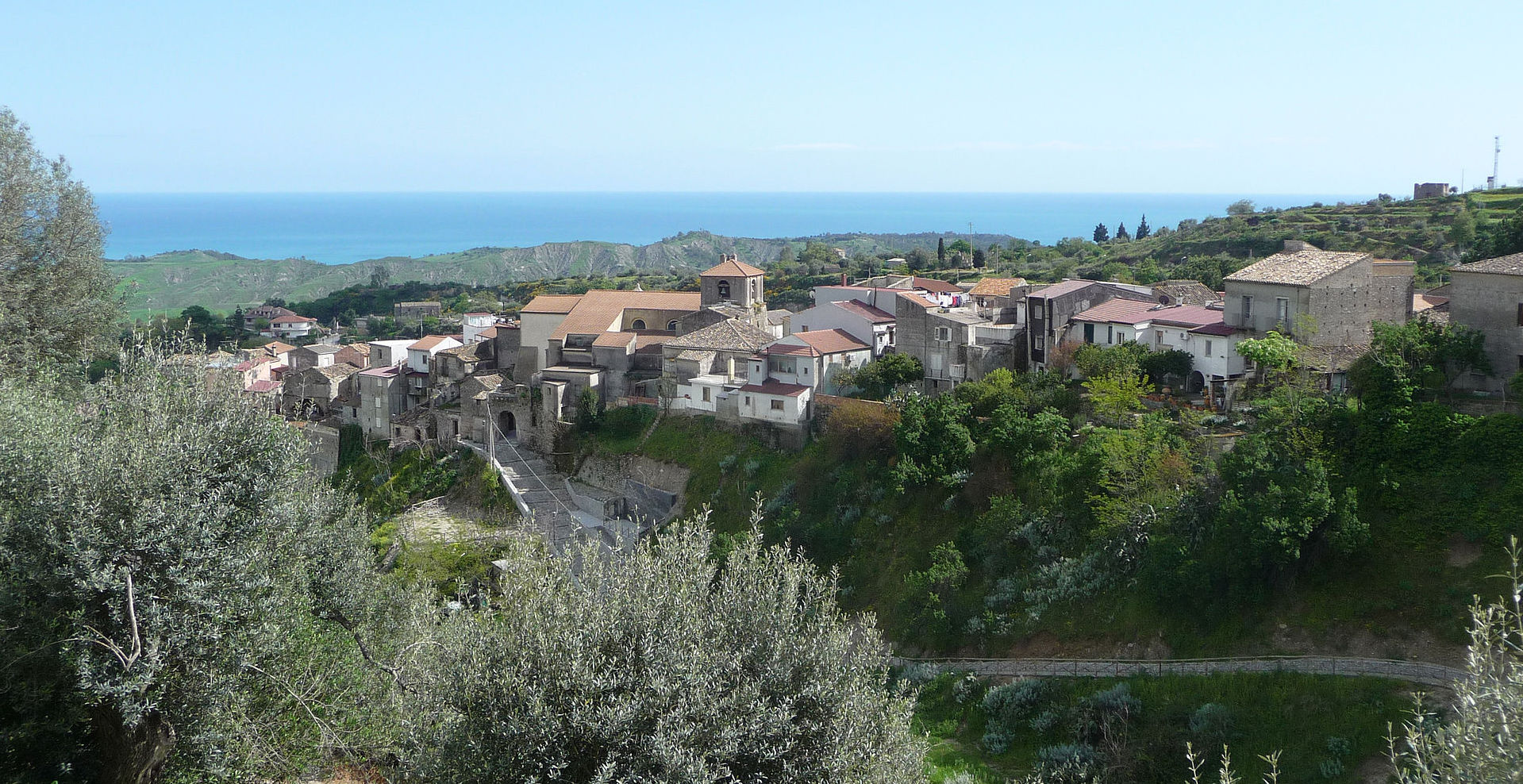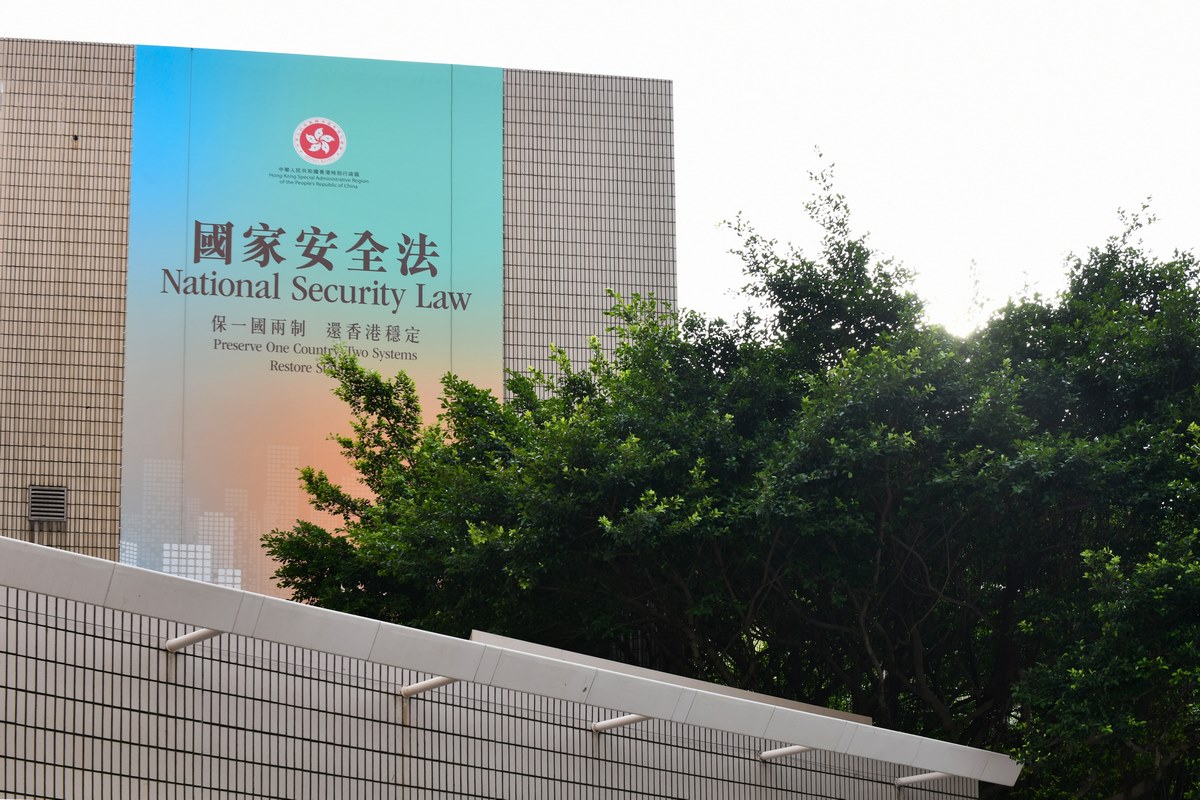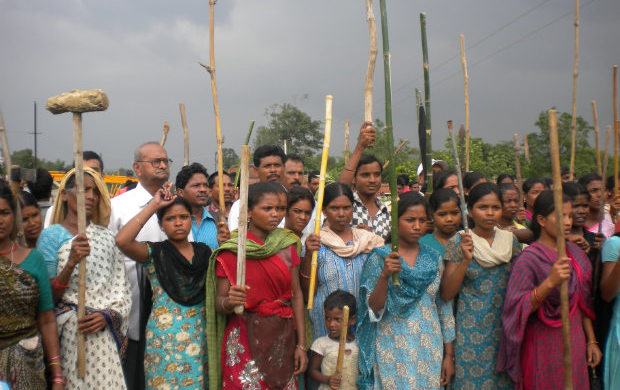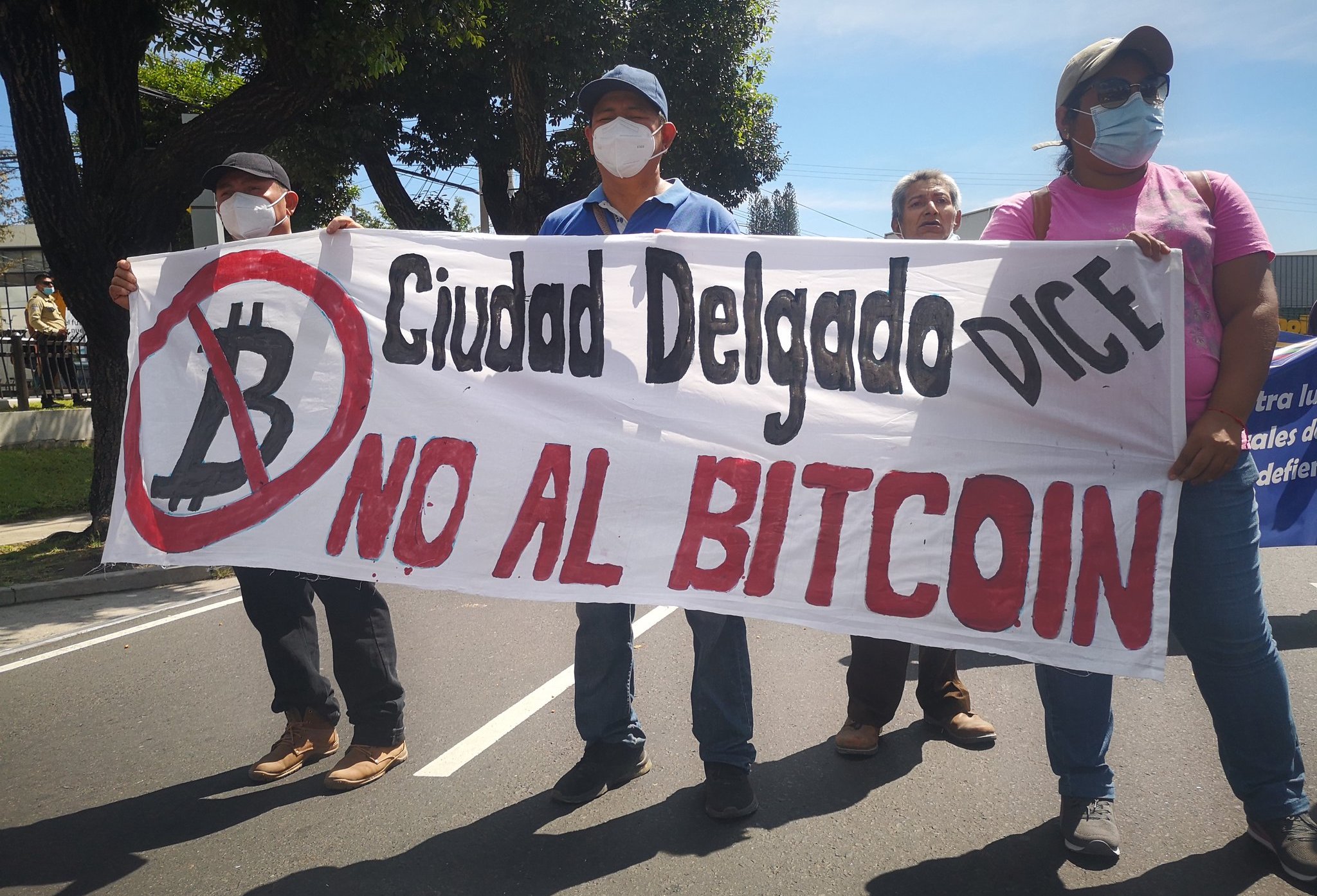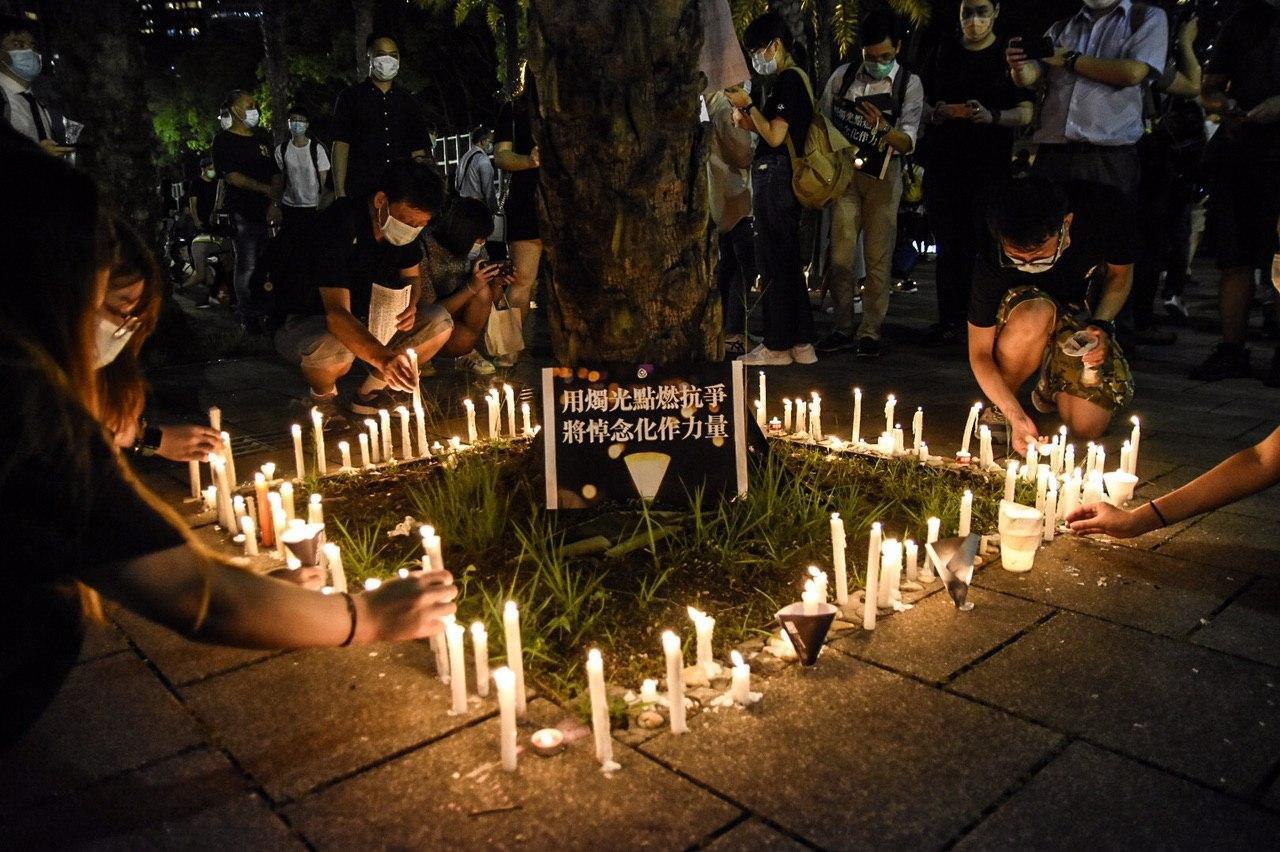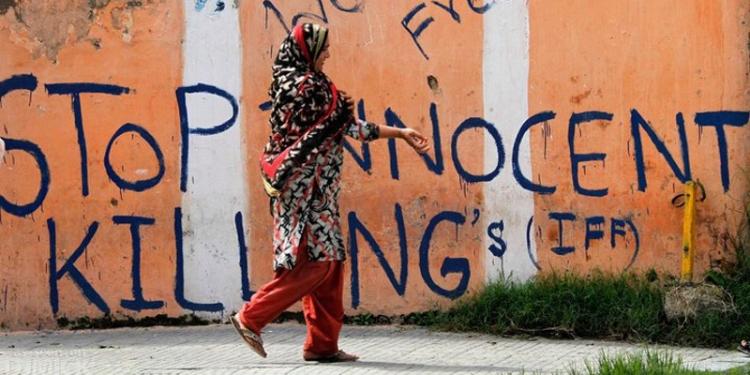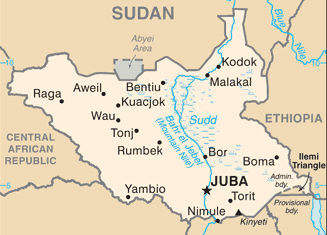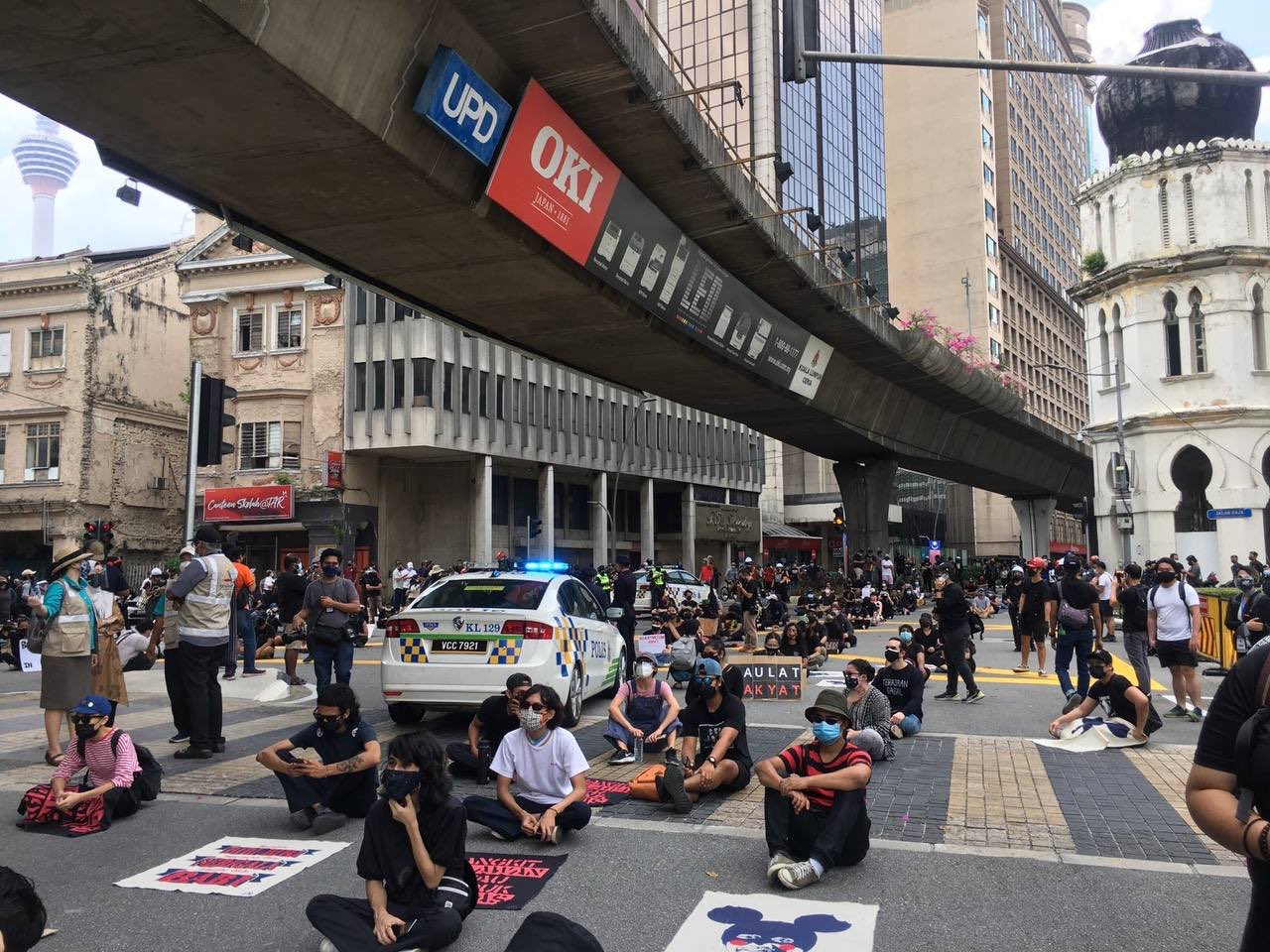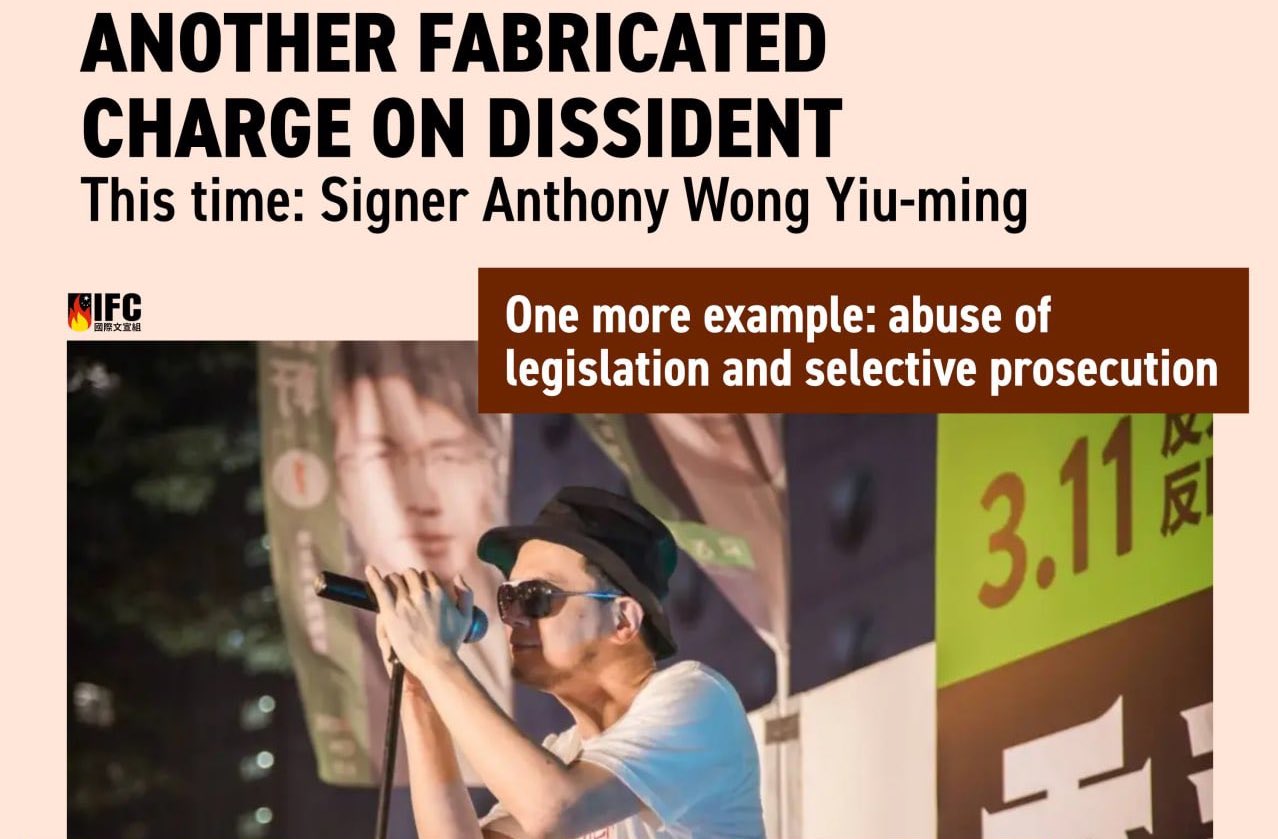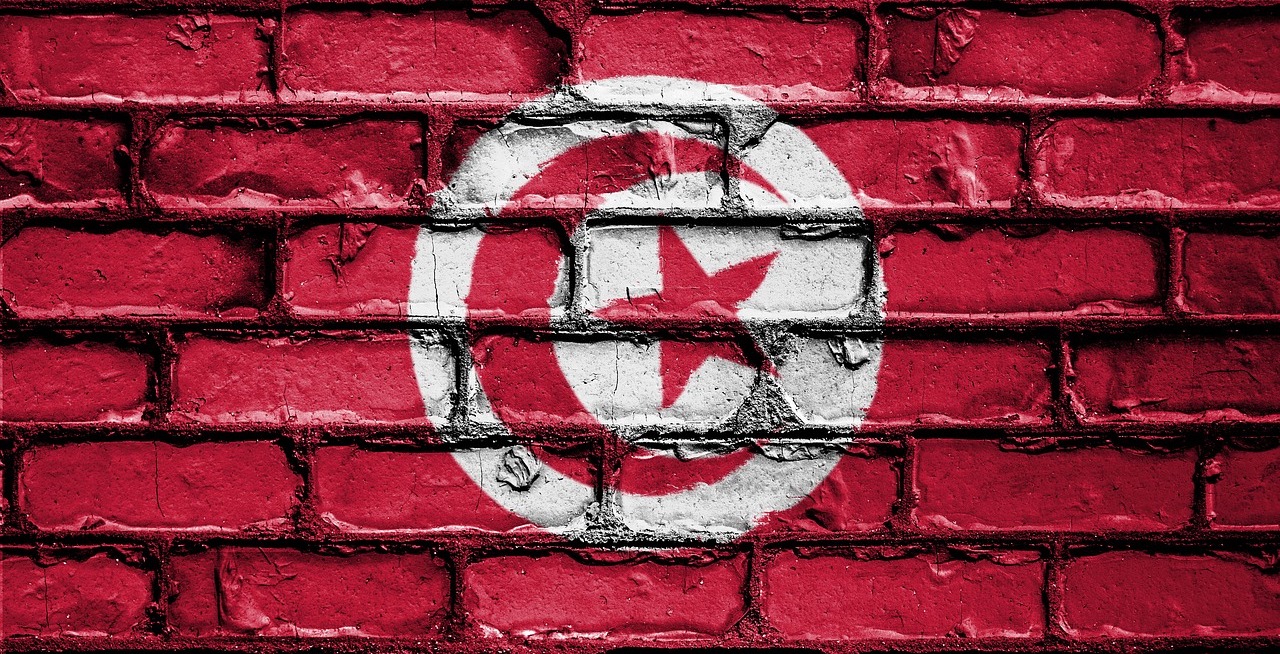
Counter-revolutionary coup in Sudan
Sudan’s interim prime minister Abdalla Hamdok and his senior officials were arrested as the military seized full power in a coup d’etat and imposed a state of emergency. The two principal pro-democracy formations, the Forces for Freedom & Change and Sudanese Professionals Association, have called for a popular mobilization to overturn the coup, and thousands have answered the call, filling the streets of Khartoum, Omdurman and other cities. Troops fired on protesters outside the army headquarters in Khartoum, killing at least three and injuring more than 80. The paramilitary Rapid Support Forces have also been mobilized. The military head of the now officially dissolved joint civilian-military Transitional Sovereign Council, Lt Gen Abdel Fattah al-Burhan, is apparently behind the coup and in control. The putsch follows days of rival demonstrations in Khartoum, with pro-democracy protesters demanding full civilian rule and pro-army counter-demonstrators demanding that the military take complete control. (Map: Perry-Castañeda Library Map Collection)



